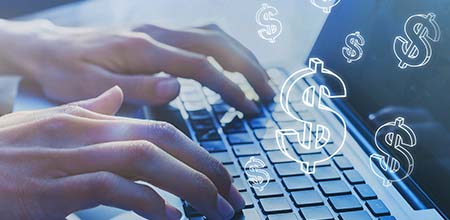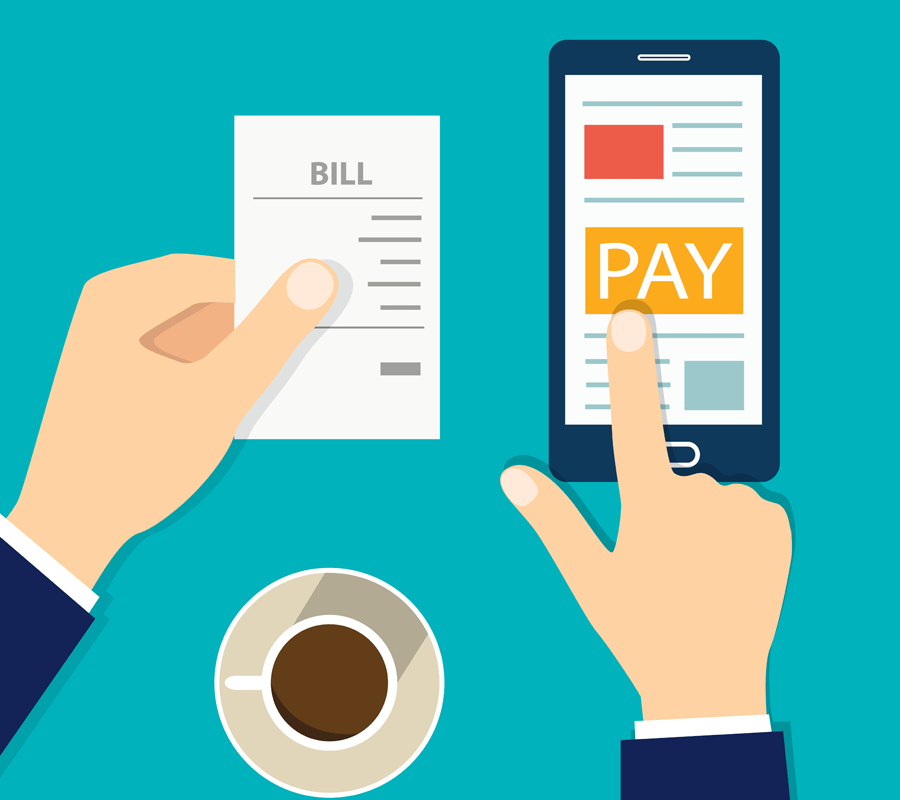
The IRS is urging taxpayers to be on the lookout for a surge of calls and email phishing attempts about the Coronavirus, or COVID-19. These contacts can lead to tax-related fraud and identity theft.
Taxpayers should watch not only for emails but, text messages, websites and social media attempts that request money or personal information.
“History has shown that criminals take every opportunity to perpetrate a fraud on unsuspecting victims, especially when a group of people is vulnerable or in a state of need,” said IRS Criminal Investigation Chief Don Fort. “While you are waiting to hear about your economic impact payment, criminals are working hard to trick you into getting their hands on it. The IRS Criminal Investigation Division is working hard to find these scammers and shut them down, but in the meantime, we ask people to remain vigilant.”
Don’t Fall Prey to Coronavirus Tricks
The IRS and its Criminal Investigation Division have seen a wave of new and evolving phishing schemes against taxpayers. In most cases, the IRS will deposit economic impact payments into the direct deposit account taxpayers previously provided on tax returns. Those taxpayers who have previously filed but not provided direct deposit information to the IRS will be able to provide their banking information online to a newly designed secure portal on IRS.gov in mid-April. If the IRS does not have a taxpayer’s direct deposit information, a check will be mailed to the address on file. Taxpayers should not provide their direct deposit or other banking information for others to input on their behalf into the secure portal.
The IRS also reminds retirees who don’t normally have a requirement to file a tax return that no action on their part is needed to receive their $1,200 economic impact payment. Seniors should be especially careful during this period. The IRS reminds retirees – including recipients of Forms SSA-1099 and RRB-1099 − that no one from the agency will be reaching out to them by phone, email, mail or in person asking for any kind of information to complete their economic impact payment, also sometimes referred to as rebates or stimulus payments. The IRS is sending these $1,200 payments automatically to retirees – no additional action or information is needed on their part to receive this.
The IRS reminds taxpayers that scammers may:
- Emphasize the words “Stimulus Check” or “Stimulus Payment.” The official term is economic impact payment.
- Ask the taxpayer to sign over their economic impact payment check to them.
- Ask by phone, email, text or social media for verification of personal and/or banking information saying that the information is needed to receive or speed up their economic impact payment.
- Suggest that they can get a tax refund or economic impact payment faster by working on the taxpayer’s behalf. This scam could be conducted by social media or even in person.
- Mail the taxpayer a bogus check, perhaps in an odd amount, then tell the taxpayer to call a number or verify information online in order to cash it.
Reporting Coronavirus-Related or Other Phishing Attempts
Those who receive unsolicited emails, text messages or social media attempts to gather information that appear to be from either the IRS or an organization closely linked to the IRS, such as the Electronic Federal Tax Payment System (EFTPS), should forward it to
phishing@irs.gov.
Taxpayers are encouraged not to engage potential scammers online or on the phone. Learn more about reporting suspected scams by going to the
Report Phishing and Online Scams page on IRS.gov.




 Last week, the Treasury Department and the IRS announced that social security beneficiaries will not need to file a “simple” return to receive an economic impact payment and that the payment will be automatic.
Last week, the Treasury Department and the IRS announced that social security beneficiaries will not need to file a “simple” return to receive an economic impact payment and that the payment will be automatic.

 The IRS is urging taxpayers to be on the lookout for a surge of calls and email phishing attempts about the Coronavirus, or COVID-19. These contacts can lead to tax-related fraud and identity theft.
The IRS is urging taxpayers to be on the lookout for a surge of calls and email phishing attempts about the Coronavirus, or COVID-19. These contacts can lead to tax-related fraud and identity theft.


 We have updated our crisis needs resource list and want to make sure these documents are available to all our clients and friends to utilize. Please review the links below with important resources and outlines of programs that are available for you:
We have updated our crisis needs resource list and want to make sure these documents are available to all our clients and friends to utilize. Please review the links below with important resources and outlines of programs that are available for you: